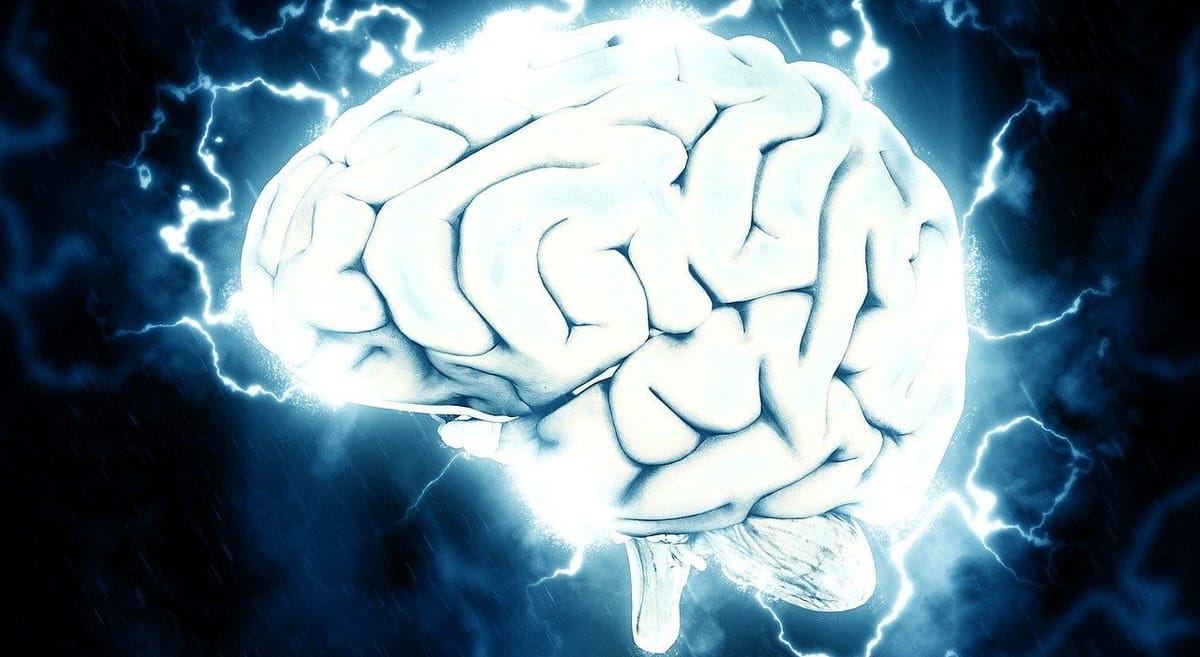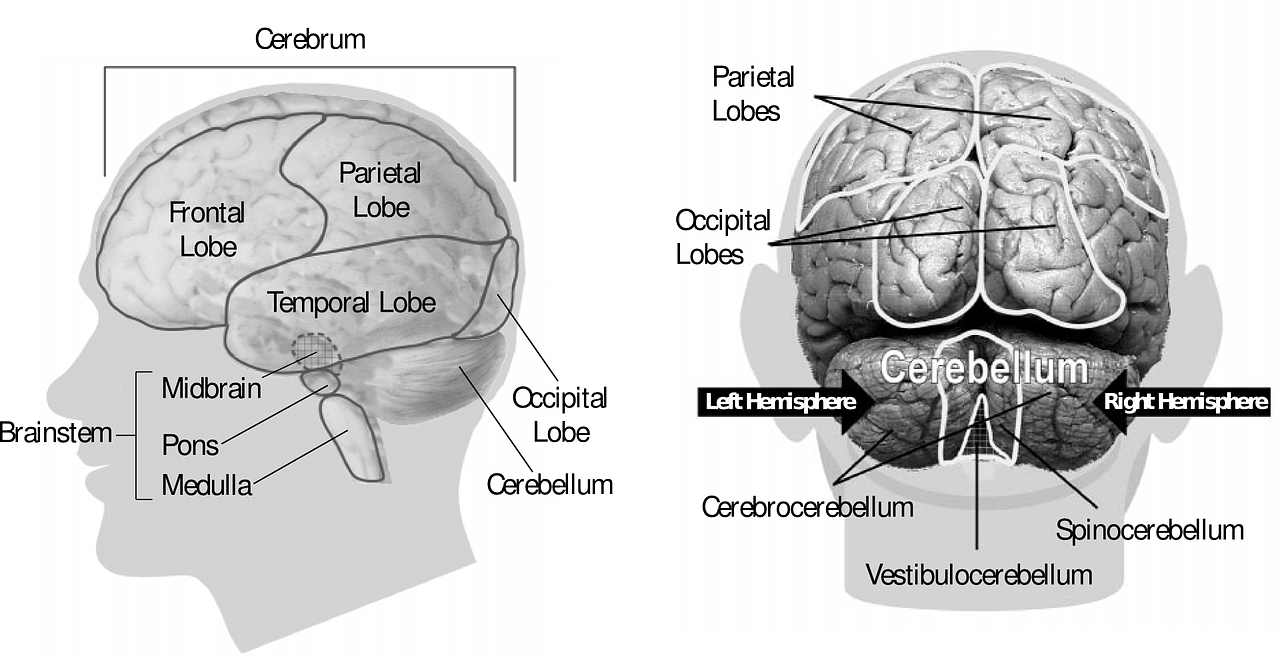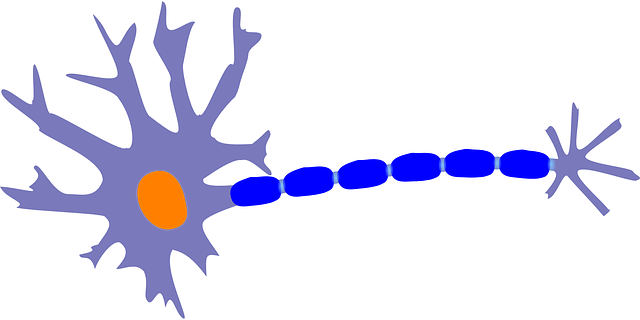What Does Ketamine Do to the Brain?
Ketamine is an FDA-approved treatment for resistant depression. Its effects are caused by an increase of glutamate in the prefrontal cortex, a part of the brain responsible for attention and emotional regulation. Ketamine strengthens neural activity and awakens the brain.

Ketamine is an anesthetic medication that has become a cutting-edge therapy that is changing how depression, suicide, PTSD and other mental health are treated. It is the first new treatment for these conditions in decades. And we are seeing some very incredible results. As a side note, Ketamine is also a treatment that is giving patients that suffer from severe pain conditions, like RSD reflex sympathetic Dystrophy or Chronic regional pain syndrome CRPS. Ketamine is changing the way we treat these conditions in a big way.
I have done a lesson on what is ketamine earlier. If you want more detailed information on this subject please feel free to listen to that at a later time. For Today's purpose, I am going to briefly review the history of ketamine.
History of ketamine

Many think of Ketamine as a street drug. Or a horse tranquilizer. Yes, there is an ugly side to this drug.
What most do not realize is that ketamine has been around for over 100 years. It has been used as a dissociative anesthetic. Its properties have made it the best possible anesthetic for the battlefield. It has saved thousands of soldiers, as surgery could be done on he battlefield. It provided pain relief and amnesia of the event while treating the wounded soldiers.
Ketamine was easy to administer. It also affected surgery on the battlefield by providing help in blood loss, shock, and pain relief.
Of course, as with many drugs with these types of properties, ketamine can be safely administered when provided by a health care professional in the appropriate setting.
Because of the anesthetic properties , first responders started to carry ketamine with them. It was used to provide relief from trauma at the scene. Many first responders were using ketamine on suicide victims that had serious self-inflicted injuries post suicide attempt.
Health care providers started to notice that the suicide survivors were having changes in their thoughts of suicide after the administration of ketamine. Many denied having suicide ideation after they were admitted to the hospital. Over time, it was discovered some of the suicide survivors had no suicidal thoughts for months. This sparked and interest in ketamine to treat mental health issues.
Ketamine is FDA approved for treatment resistant depression

In March 2019, ketamine was approved by the U.S. FDA for the treatment of depression in adults who have treatment-resistant depression. While researchers are still not 100% sure how ketamine works, it showing extraordinary properties. It is known that that ketamine works very differently from other antidepressants. It is thought that by repairing damaged neural connections and pathways caused by a depressed brain.
Ketamine is being used more and more by psychiatrists and therapists, as an off label use after witnessing its benefits in treating the following
· Treatment Resistant Depression
· Post-Traumatic Stress Disorder
· Suicidal patients
· Anxiety Disorder
· Bipolar Disorder, Depressed
· Bipolar II Disorder
· Obsessive Compulsive Disorder
· Supporting reduction and elimination of psychotropic medications
· Alcohol and substance abuse recovery
What does ketamine do and how does it ketamine affect the brain?

Let me give you a short anatomy and physiology lesson. I promise to make explain this in terms you will understand.
The brain is a structure that has chemical messengers. These are naturally occurring in the body. These chemical messengers are called neurotransmitters.
The job of the neurotransmitters is to send electrical information between the neurons of the brain. The chemicals released are serotonin and dopamine.
The neurons of the brain have gaps and are connected to each other with synapses.
The neurotransmitters send electrical information between the neuron crossing the synapses, or the gap.
The brain of a depressed person develops a broken system of communication.
Neuro pathways are the routes along which neurotransmitters travel in the brain. These neuro pathways become damaged or shut down in a depressed brain. This makes is difficult for the neurotransmitters to do their job in certain regions of the brain. This interruption in the normal functioning of the brain leads to changes in behaviors, emotions and even thinking processes. (also called cognition) This damage begins to change the mind and how we think and respond.
This information is where ketamine therapy can help to actually change the brain structure and restore the mind to greater clarity. Those suffering from depression, it is like the fog has lifted from their brain.
What is Glutamate?

We discussed the chemicals in the brain that improve the communications in the brain. One chemical I want to introduce to you know is glutamate. Glutamate is the workhorse of the brain. It is constantly bombarding the synapses relaying fleeting thoughts and feelings. It is responsible for enabling the formation of memories by strengthening the synaptic connections.
I think it's important to note here, Glutamate is the brains most abundant excitatory chemical (also known as a neurotransmitter). Ketamine allows glutamate to reach unaccessed parts of the brain that traditional antidepressants don’t reach. This has alleviated the symptoms of depression.
I do want to mention here that to much glutamate activity in the brain can cause problems as well. It has been discovered that abnormal or broken glutamate receptors are linked to other psychiatric disorders.
The good news is, researchers know that ketamine triggers an increase in glutamate in the brain's prefrontal cortex. That is the front part of the brain that governs attention. It is the filtering system of the brain. It plays an important role in the regulation of our emotions.
Ketamine makes neural activity stronger and awakens the brain.
So how does Ketamine Heal the Brain?

I find this part fascinating. When a person suffers chronic stress or a trauma, their brain is flooded with the stress hormone cortisol. This hormone reduces the plasticity of the brain. It interferes with the brain to operate normal.
Too much or to little cortisol causes PTSD as well as depression. For example, when someone experiences a severe trauma, it has been discovered that those with PTSD is a broken system and there was not enough cortisol released during that traumatic event. The result is a loss of the connections between neurons.
This impacts the plasticity of the brain. What does that mean?
What does Plasticity of the Brain mean?
Plasticity in the brain refers to the brain's ability to form new connections in the brain.
Ketamine actually helps your brain to rewire its own circuits. This repairs years of structural damage.
The benefits of ketamine can be immediate. As is causes new neurons (brain cells) to be formed rapidly!
This dramatically different from traditional antidepressants, that takes 2 to 4 weeks to improve the symptoms of depression.
Ketamine acts rapidly to decrease symptoms of depression while also repairing the brain damage caused by chronic stress!
Ketamine treatments clear the cortisol, and it resets the brain. Allowing the brain to create those new connections.
Individual’s after receiving ketamine therapy report increased clarity in thinking, creativity, and a sense of calm.
Ketamine is not a Cure

Please understand that ketamine is not a cure. Rather is helps accelerate the healing process of the brain while relieving the debilitating symptoms of depression.
When you think of a depressed brain, or a brain that has PTSD on an MRI it looks as if it is a forest in winter. The trees and branches have no leaves. After a ketamine treatment, leaves are lush and vibrant again.
I have spoken to several patients after receiving their ketamine therapy. They feel relaxed and feel less defensive. I have heard therapists say that this is a time when the patient are willing to accept suggestions. Several have had minor out of body experiences.
Ketamine and talk therapy
Because ketamine makes you open your mind to new ideas, this is a good time to have a therapist work with you to improve the effects of your treatment. This can improve extending the benefits beyond your past sessions.
Ketamine-assisted therapy allows your therapist to make positive suggestions to your subconscious. This ultimately changes how your brain processes thoughts. Over time, you will notice you have more positive thoughts than negative ones.
Most people participate in two to six sessions to receive the greatest benefits. The positive effects can last months and years.



